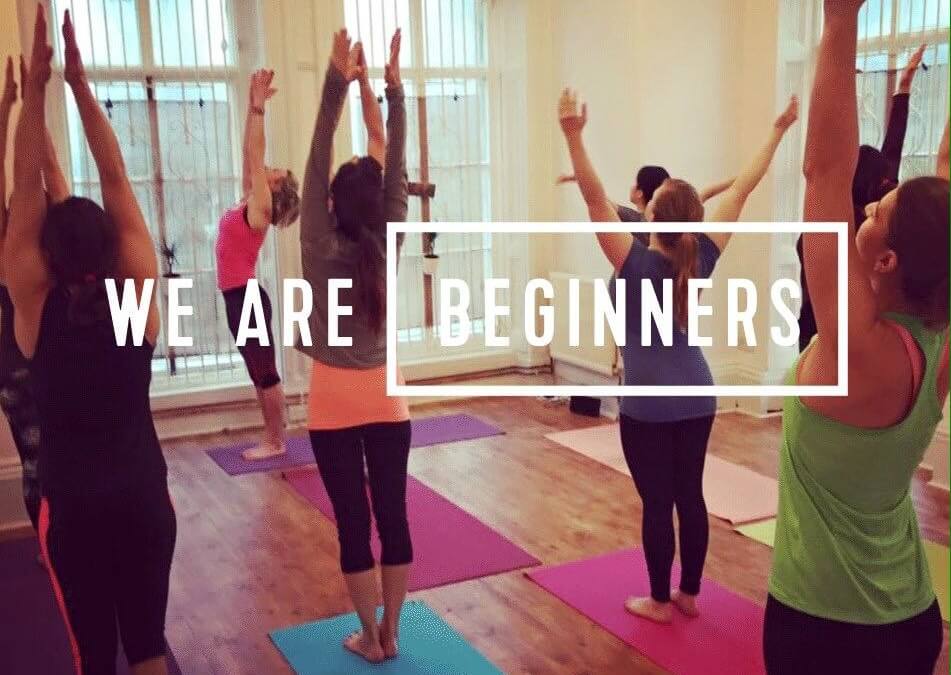Renting therapy space in two yoga studios has really piqued my interest in it. It’s not just that I get to witness (and marvel at) how bendy people can be, it’s because it seems to be about so much more than that. Having spent time in the company of so many yoga teachers in the past year I’m left feeling that yoga must have quite a profound effect on so many levels. Their vibrancy, enthusiasm, warmth and inner calm must surely come from doing what they do every day.
I’ve witnessed this with my own eyes but I thought I’d try to track down some scientific evidence. I started with my go-to website for all things health-related, NHS Choices (a fabulous resource if you’ve never checked it out). This is what it says:
“Dozens of scientific trials of varying quality have been published on yoga. While there’s scope for more rigorous studies on its health benefits, most studies suggest yoga is a safe and effective way to increase physical activity, especially strength, flexibility and balance. There’s some evidence that regular yoga practice is beneficial for people with high blood pressure, heart disease, aches and pains – including lower back pain – depression and stress.”
Then I ventured over to the Harvard Medical School website and came across this:
“By reducing perceived stress and anxiety, yoga appears to modulate stress response systems. This, in turn, decreases physiological arousal — for example, reducing the heart rate, lowering blood pressure, and easing respiration. There is also evidence that yoga practices help increase heart rate variability, an indicator of the body’s ability to respond to stress more flexibly.”
“…for many patients dealing with depression, anxiety, or stress, yoga may be a very appealing way to better manage symptoms. Indeed, the scientific study of yoga demonstrates that mental and physical health are not just closely allied, but are essentially equivalent. The evidence is growing that yoga practice is a relatively low-risk, high-yield approach to improving overall health.”
In complementary therapy we’re always talking about how it’s impossible to draw a distinction between mental and physical health because the two are inextricably linked. That’s ultimately why I chose the therapies that I practise; because they’re designed to work on the mental/physical continuum. It appears that yoga works in a similar way, making it yet another option for helping to manage stress and improve your physical well-being.
I’m truly blessed to be a successful and busy therapist and do take time out every week to receive treatments myself from the wonderful therapists in my support network, but faced with the evidence of science and my own eyes I think the time has come for me to feed my Yin even more and book myself onto a beginners yoga course. Will you join me?


Recent Comments